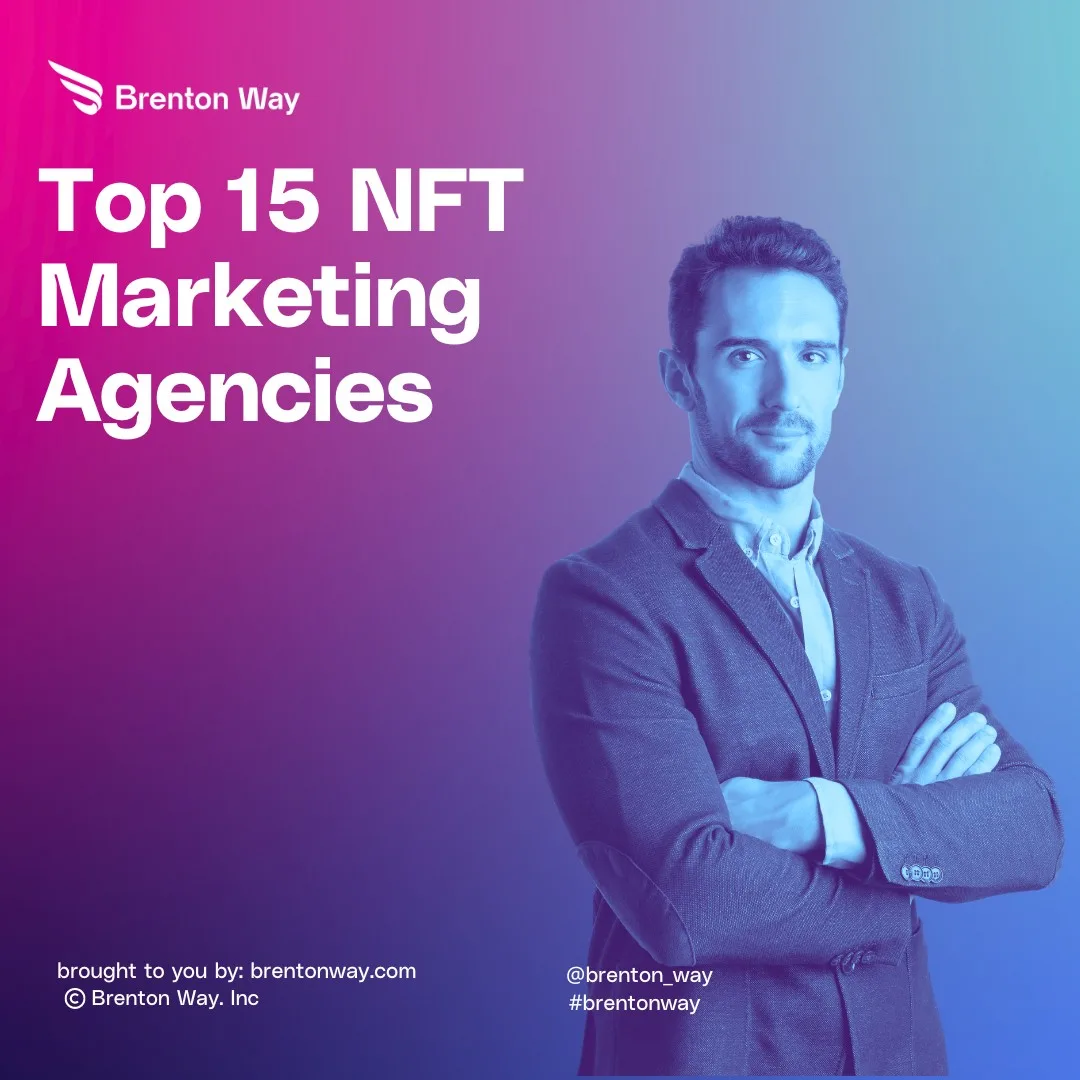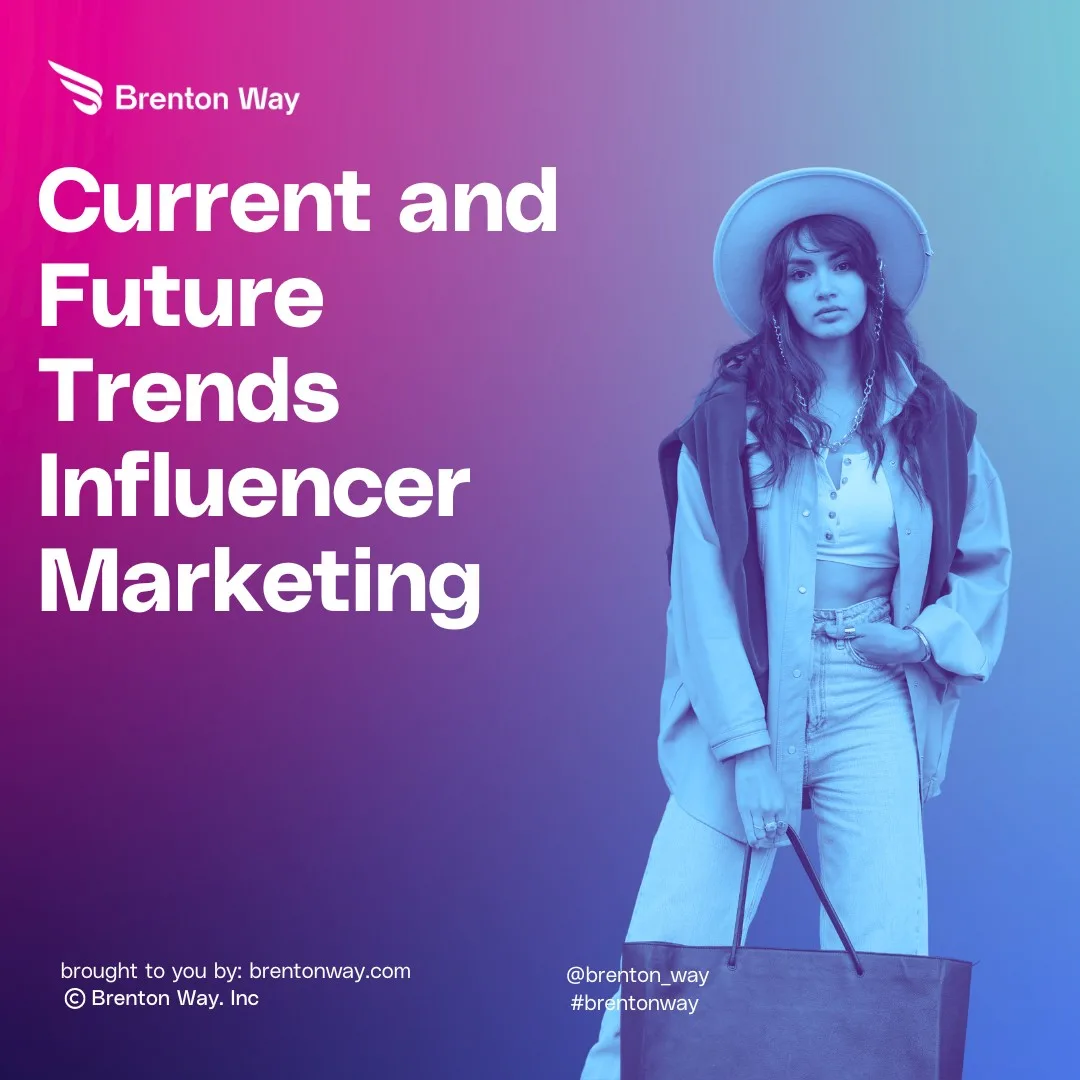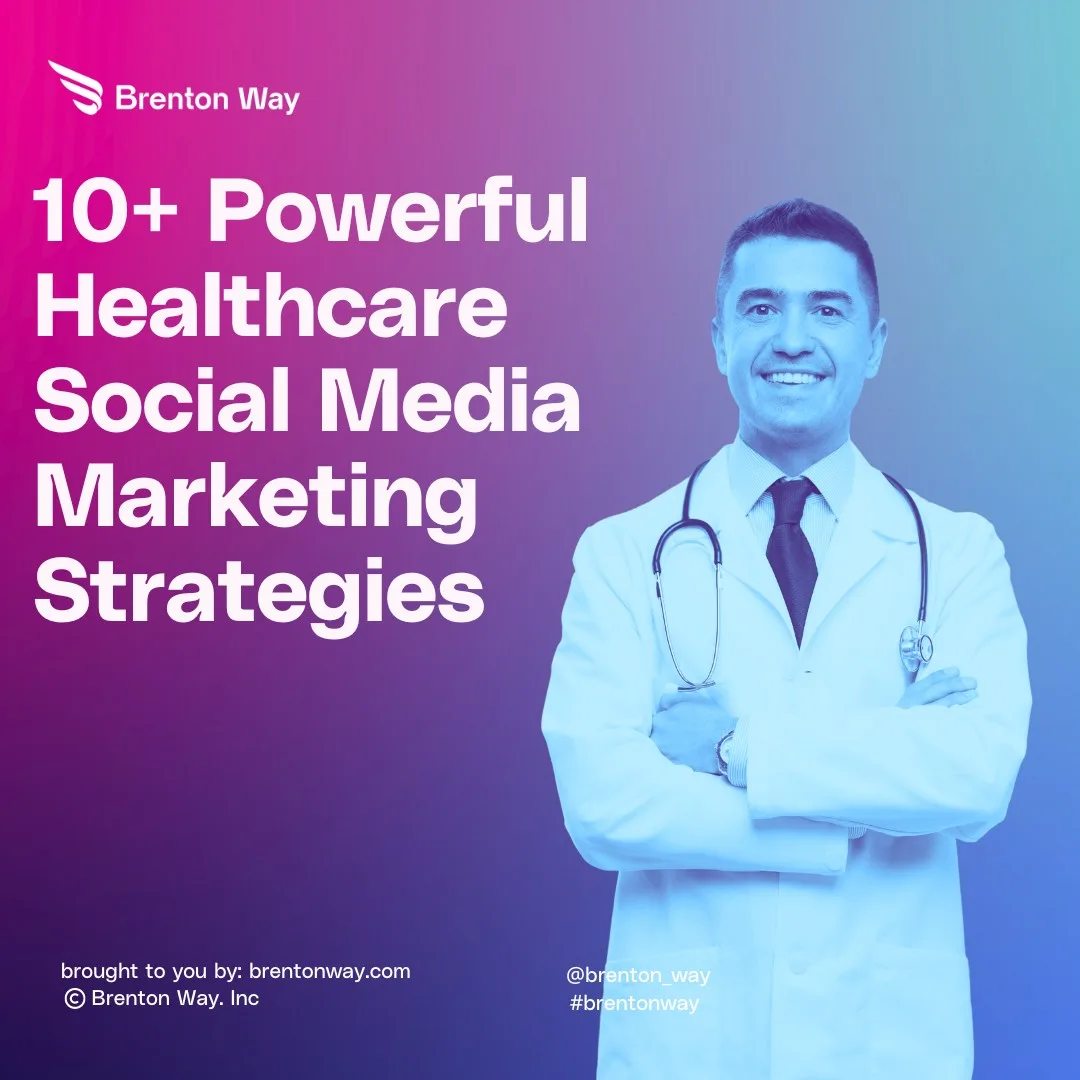
Influencer Marketing is a new and exciting arena that brands and marketers are learning to capitalize on. Check out current trends and predictions for the future of this burgeoning industry.

The landscape of “influencers” has changed drastically in the last few years. We’re all familiar with traditional celebrity endorsements such as the iconic Pepsi ads that featured our favorite stars. Today, this title of “influencer” is not exclusive to those who have reached elite stardom. Anyone who has a sizable or scalable following on social media and actively engages with a core audience can act as an influencer. In fact, a reason why many people can relate to influencers is that they’re often regular people and not just A-list celebrities.
We are witnessing a new wave of digital marketing with a heavier focus on people and relationships. According to a Nielsen report, 70% of individuals trust online peer experiences. In addition, a large number of people only trust brands they’ve interacted with on social media. Therefore, influencers serve as a bridge between brands and consumers because they have built strong connections on both ends.
This article will provide an overview of the current and evolving trends in influencer marketing.
Influencer marketing has flourished into a multi-billion dollar industry. While there are different demographics of influencers distinct to each social media platform (i.e. Instagram, Facebook, Youtube, TikTok), the basis of influencer marketing is collaborating with influencers to endorse brands and products through affiliate links, sponsored content, event coverage, brand mentions, and product reviews. In addition, popular types of influencer engagement include video content, mentions, hashtag challenges.
The digital influence that these online experts and personalities exert is a hot commodity that many marketers want to capitalize on. These influencers can engage with people in a way that is approachable and authentic through interactions on social media.
It’s not merely about popularity. It’s about the social capital that these individuals foster. The relationships and social networks created between people who find common ground are hugely impactful.
Here are a few statistics and trends in influencer marketing. (Source: Altimeter’s Influencer Marketing Manifesto)
Now let’s cover some evolving and/or future trends that will continue to shape the influencer marketing industry.
The rise of influencer marketing agencies has proven to be a lucrative path. Brands use these agencies to produce creative content strategy, ad campaigns, and contracts with relevant influencers. They do most of the heavy lifting of finding the right influencers and orchestrating the best types of social media engagement. Some of these firms also work closely with influencers to create the appropriate content and messaging for promotional campaigns.
An influencer marketing agency is essentially a middleman between brands and influencers. They optimize and expedite the process of forming these crucial partnerships. 70% of influencers are very open to collaborating with these types of agencies (Altimeter) because they benefit from the structural and management support they provide.
The accessibility of influencers will continue to expand, and soon, there will probably be large sites or networks that allow brands and maybe even regular people to partner with influencers through streamlined, package services—just like how everyday people can now pay for personalized celebrity and influencer videos on platforms like Cameo.
There is power in numbers and it seems as though influencers are binding together to form influencer networks. There are even TikTok or Youtube “Houses” that host groups of influencers in one location to create special content for fans.
Brands like Too Faced are already capitalizing on collective influencer partnerships by collaborating with several influencers that share a similar audience. Influencer marketing agencies may even form specific influencer groups as a packaged deal for brands. This is a smart and strategic approach that maximizes brand reach.
Image Source: https://www.searchenginejournal.com/
TikTok is the fastest growing social media app but is also a fairly new territory that many brands have yet to explore. Similarly, Snapchat is a popular app for many influencers but not necessarily the go-to platform for most marketers. Both of these platforms also attract a younger demographic that is actively seeking to connect with relatable people and stories.
Snapchat in particular has 280 million users and less competition in terms of brands that use it for advertising. Therefore, marketers can be proactive by partnering with Snapchat influencers who can provide authentic, behind-the-scenes content that potential consumers can resonate with. For example, Snap Ads are popular 10-second videos that can be leveraged to execute effective ad campaigns.
Likewise, TikTok is a breeding ground for creative ad campaigns and viral trends. It is also filled with all types of influencers that brands can partner with. Influencer marketing can be executed through four major types of TikTok ads:
If you want to learn more about the unique and innovative ad campaigns that brands have created on TikTok, check out these 15 TikTok Advertising Campaigns That Went Viral.

Instagram Stories, Reels, YouTube Lives, TikTok hashtag challenges, and other video features have never been more popular. Influencers on all major social platforms are participating in viral trends, meme clips, hashtag challenges, and so many other forms of video content.
Brands are even creating special filters for apps like Snapchat, Instagram, and TikTok that influencers and consumers can post videos with. In addition, these apps are constantly optimizing and automating the video features to make it easier and more accessible for users. Ads are also easily integrated into these videos to persuade consumers to buy the products that their favorite influencers endorse which is ideal for brands and marketers.
Collaborating with niche, micro, and nano-influencers is a new approach that brands are pursuing to increase engagement. For instance, some beauty brands partner with influencers who aren’t necessarily connected to the beauty industry but champion popular ideals like sustainability and affordability. So, these brands will often tailor their brand positioning and messaging around these important topics to relate to consumers (i.e. organic makeup products).
Additionally, as mentioned before, these influencers don’t always need massive followings to effectively spread a message. Influencer marketing is often more successful when it operates within smaller, close-knit communities because people are more likely to listen to an influencer, and take action to buy a product or service.
Some of the most popular niches or communities on TikTok and other platforms like Instagram include comedy, dancing, cooking, pets, couple goals, fitness, and fashion. Popular influencer Tabitha Brown, for example, serves as a beacon of joy for cooking fanatics looking to try new and delicious recipes.
Amidst the call for more social activism are criticisms about the lack of diversity on social media platforms and in influencer marketing. This diversity and inclusion go beyond race. The representation of different body types, sexual orientations, niche hobbies, and other identities are all a part of this push. This is why influencers like Tabitha Brown are so important to the industry because they increase representation and relatability.
Brands are now being held accountable to empower everyone and not just those who can maximize their profits. People need to feel seen and heard if brands truly want to build strong connections, and this can only be achieved through the authentic, non-tokenized representation of everyone.
Traditionally, affiliates are industry experts that businesses partner with because of their high conversion skills. Now, influencers can assume an affiliate role for brands through mentions and other forms of brand promotion. As long as the influencer’s connection to the brand is viewed as authentic by the target audience, these types of overt advertisements are usually successful.
There are also newer types of ‘brands’ such as nonprofits and government agencies who seek out affiliates and/or influencers to spread awareness about issues and advocacy campaigns important to their missions.
It is no surprise that online purchases have increased since the pandemic. Consequently, social platforms are introducing new features and channels that give consumers easier access to the products and services they want to buy
For example, responsive design is a critical part of e-commerce shopping because this technology adjusts a website to fit the type of device a consumer is using. Overall, the expansion of automated e-commerce channels continues to evolve.
Direct purchase links from videos on platforms like TikTok and Instagram are increasingly more common. For instance, TikTok users can now buy influencer merchandise within the app. There are also purchase links that can be added to video content.
In a 2020 Smart Insights survey, 65% of respondents said that more personalization is essential and the majority of consumers said they will only engage with personalized marketing emails.
Targeted messaging is the key to building consumer-brand trust. One way to personalize email messages is to center it around an influencer that a brand’s consumer base trusts. However, there hasn’t been an extensive collaboration between email marketing and influencer marketing despite the potential to maximize brand reach by employing both strategies.
Therefore, we predict that as email automation continues to expand, businesses will be able to take advantage of influencer reach to generate leads and more revenue through email marketing.
As expected, brands and marketers have to overcome the learning curve of a new industry like influencer marketing to fully unlock its reach and ROI potential. But hopefully, they can keep an eye on these trends and predictions to develop a better digital strategy.


